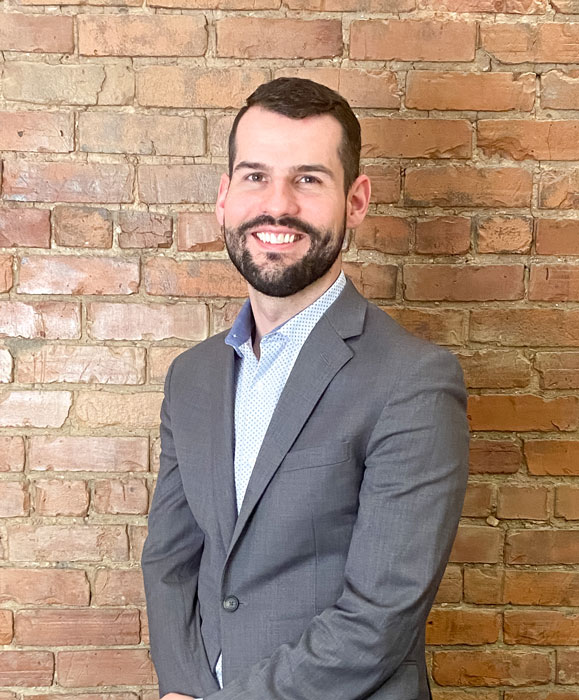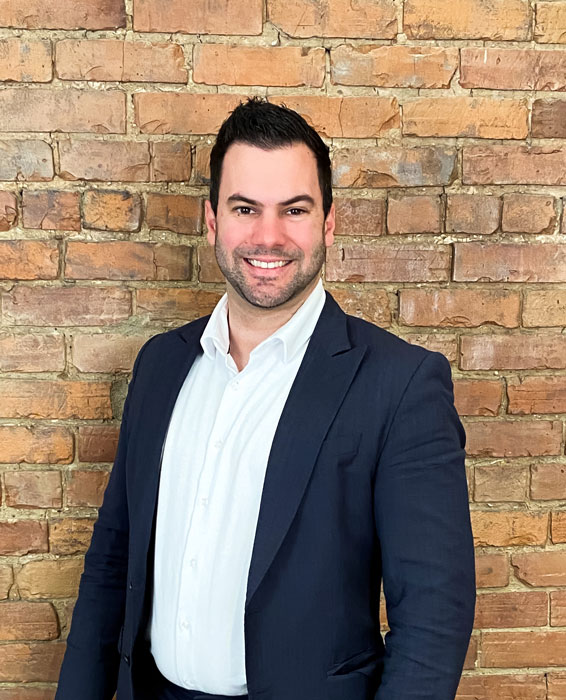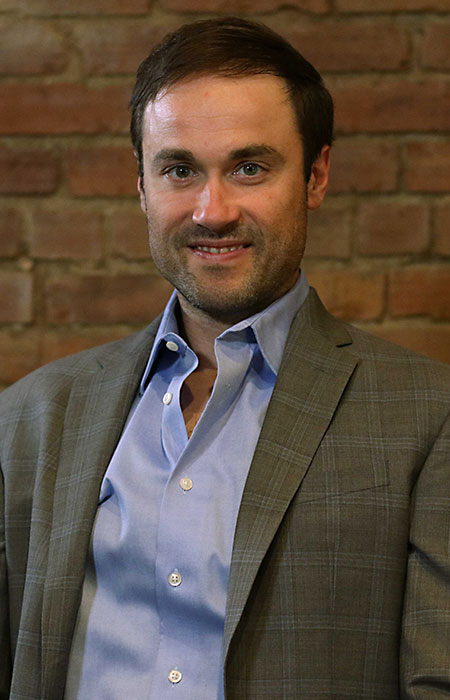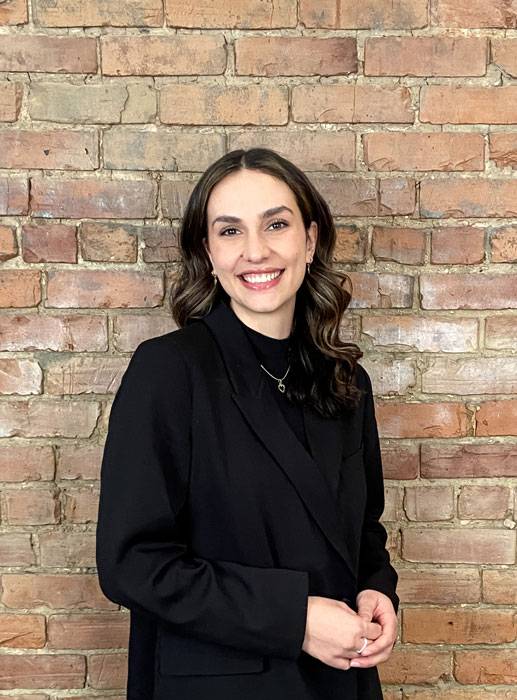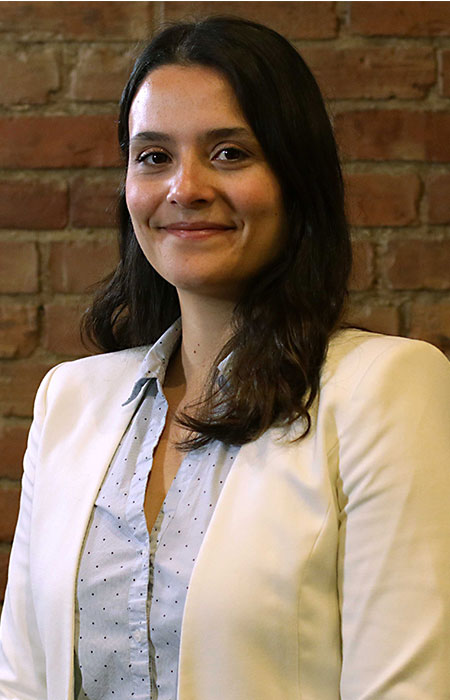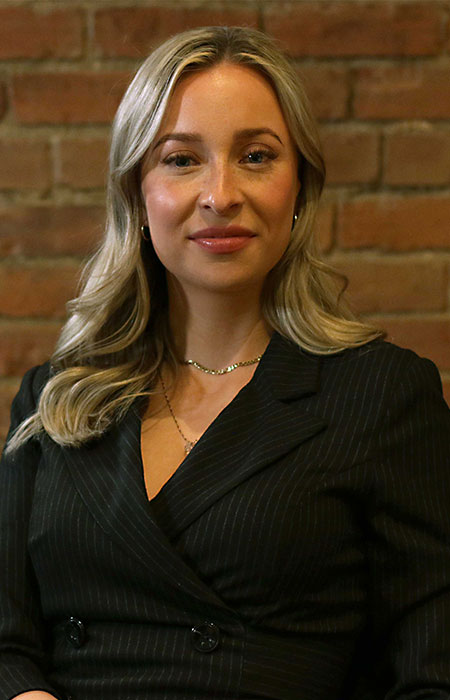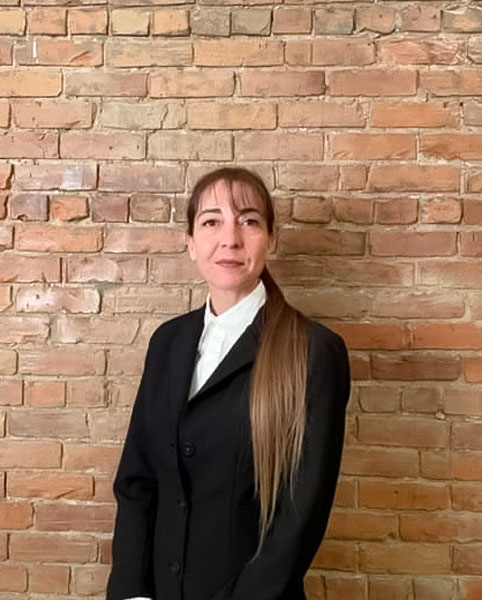Youth Criminal Lawyer
Youth Law

Are you accused of obstructing justice while you are still a minor? With Riendeau Avocats, be reassured that one of our criminal lawyers will take charge of your case and do everything in their power to minimize the consequences of the charges brought against you, or even refute them.
Youth Justice Court
Contrary to popular beliefs and misunderstandings which come from our southern neighbors, minors are not, except in exceptional circumstances, judged as adults or detained with adults.
There is a youth division at the Quebec Court which hears exclusively those kinds of cases where the accused was a minor at the time of the offence.
Therefore, young offenders have a unique justice system that is distinct from that of adults.
The youth division is located in all provincial courthouses and our office conducts its practice in its various institutions.
Types of Offenses and Penalties
Criminal responsibility applies to children between the age of 12 to 17. The youth division deals with all types of offenses contained in the Criminal Code. The fact that you were under the age of 18 at the time of the offense is not a factor taken into consideration when charges are brought. For example, a minor may be charged with murder, sexual assault, assault with a weapon, etc. It is important to know, however, that the goal of the Youth Criminal Justice Act is to support the rehabilitation and reintegration of the minor who has committed an offense. Be advised that the main purpose of our lawyers is to allow you to obtain the most lenient sentence possible.
Extrajudicial measures
One major difference between the youth criminal system and the one for adults comes from the fact that minors have access to extrajudicial measures. ”Extrajudicial” means ”outside the court”. Thus, extrajudicial measures aim to hold a young person accountable without proceeding through the formal court process, and without imposing a criminal record. Those measures aim to avoid recidivism. They are presumed to be adequate to hold a first-time non-violent offender accountable and can be used even if a young person has previously been dealt with by extrajudicial measures or has previously been found guilty of an offence. Let us take care of your case to assess the possibility of using these measures, and thus avoid a criminal record.
Defence
A criminal lawyer is the best tool you can use to guide you in your decision making, including determining whether to challenge the charges by going to trial or whether it is better to register a guilty plea. It is important to know that a weakness in the prosecution evidence could allow us to negotiate a more lenient sentence or simply to drop the charges. Do not hesitate to contact us, our lawyers will happily answer all your questions and help you make an informed decision on the avenue to take in the file.
The Riendeau Attorney-as-law team is aware of the stress that can result from being accused of a crime, which is why we encourage you to call us. We will help you thoroughly understand the charges, the judicial process and help you through those difficult times.
How can we help you ?
Request a free legal consultation with one of our criminal lawyers.


